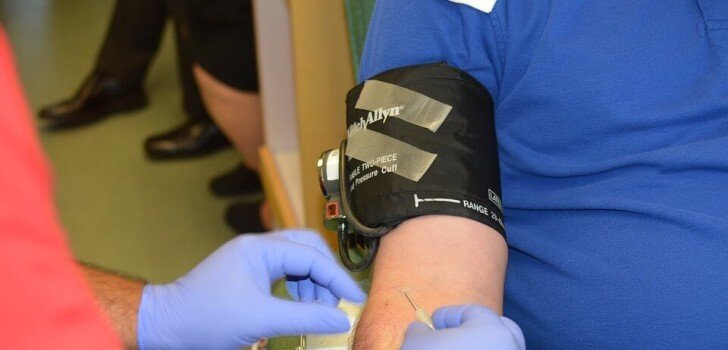An individual’s level of generosity is determined by their DNA makeup, according to the findings of Danish immunologist Ole Pedersen. His study was prompted in an effort to understand the biological influences on why people voluntarily donate blood.
Pedersen, a consultant at Naestved Hospital and associate professor of clinical immunology at the University of Copenhagen, compared the past blood donations of more than 750 twins to test the heritability of giving blood. Pedersen and his team of researchers found that when one twin gave blood, the chances were greater that his or her sibling would also be a donor if the two were genetically identical.
Using mathematical modeling, the team analyzed how much of the subjects’ willingness to donate blood was inherited. They found 50 percent is inherited, 30 percent is explained by sharing a common environment and 20 percent by chance and random factors.
Although acknowledging linking altruism to genetics “is controversial”, Pedersen says his study and other altruism research shows “how genes account for variations in people’s generosity, not the presence or absence of their capacity to help others.”
“We’re not saying that people that don’t have the genes for altruism are not altruistic; we’re just saying they’re less altruistic,” he says.
Taking this into consideration, Pedersen says blood-donation campaigns may be better off recruiting new donors by targeting families rather than individuals, because relatives of regular donors are likelier to give.
Ariel Knafo, psychology professor at the Hebrew University of Jerusalem, has identified a receptor gene called AVPR1a which determines social behaviour.
“What we showed is that the longer version of part of a region of the gene called the promoter is associated with more generosity,” Knafo says, citing one study that showed “when participants were asked to play a game where they could give away money, those who had the longer version of the gene were more likely to share with others.”
Stay Connected